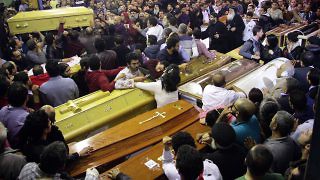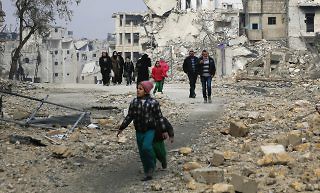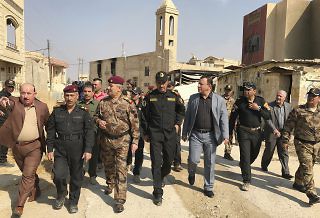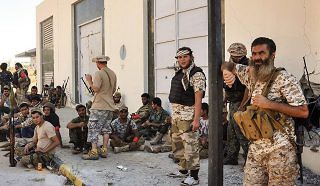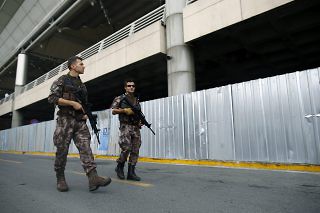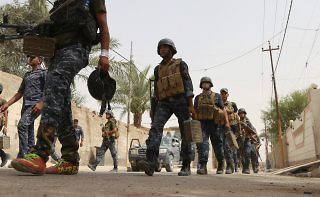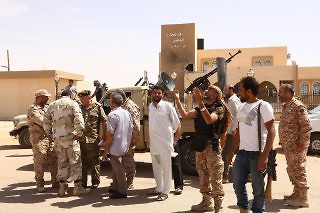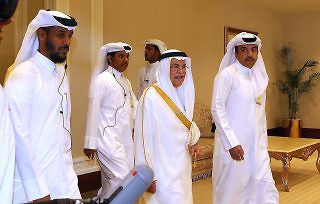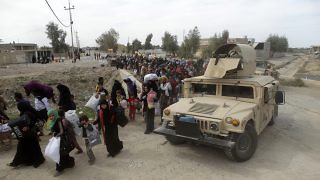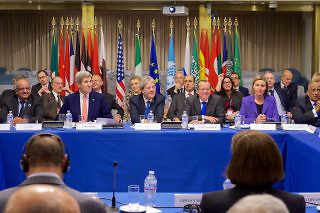The government’s ability to meet a new spike in Egypt’s violence is uncertain, even as the number of attacks outside the North Sinai governorate has decreased in recent years.
Author: Andre Colling
-
-
The Israeli-Palestinian conflict is expected to gain renewed attention in 2017 following the election of incoming US President Donald Trump.
-
Currently, the Kurd force in the north is critical in expelling ISIS; however, the Iraqi government will want disputed territories returned.
-
The impact of Libya’s 2011 revolution and overthrow of Gaddafi continues to resonate and will likely determine the country’s direction for many years to come.
-
The reality is that Turkey faces a near impossible task in attempting to reduce its terrorist threat due to overlapping challenges depleting its resources.
-
While the focus still remains on the threat ISIS poses as it controls territory, its defeat would also, paradoxically, increase risks to states and the probability of conflict.
-
If the arms deal does not proceed, there is a strong possibility that the US and other Western powers may seek to transfer arms to Libya unilaterally.
-
Sanctions relief offered from January this year as part of the nuclear deal has been a major boon to Iran. Foreign investors are clamoring to enter the country’s $400 billion USD economy and billions of dollars of previously frozen assets are set to be regained.
-
Since the ISIS capture of Mosul in June 2014, the Iraqi government has made the recapture of the city a key domestic goal in its fight to reclaim its territory and reassert its control over a restive minority Sunni population.
-
In the struggle to unify Libya, conflict continues to plague the center of the country as militants linked to the so-called Islamic State (ISIS) continue to take control of territory and threaten the critical oil processing and export sites in the Gulf of Sirte.

